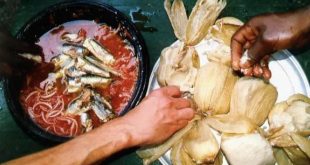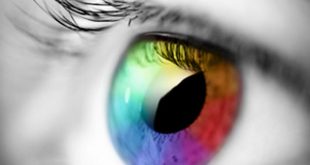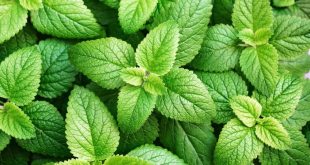
How it all began
I remember I was a youth corper in Port Harcourt when Covid-19 entered the country, my boss had been planning a trip to a European country, all of a sudden, her plans were halted because a new virus was in town.
Countries like South Korea, Vietnam, New Zealand and Denmark—had a fast response through nonpharmaceutical like mask-wearing and shutting public places down.
In the United States, there was political polarization, while the Democrats took it seriously, the Republicans did not. There was a delayed response and not until death tolls began reaching the roof with mass burials in New York City’s Hart Island did the US take it seriously.
Nigerians also took the path of denying Covid-19 exists and came up with different theories. I asked a social media expert how Nigerians perceived COVID-19 and she said, “Nigerians never took Covid seriously even for a day.”
While some believe it was a made-up disease, others felt it was a biological weapon and others thought it was the sign of the end times and the mark of the beast.
Everyone claims to get their information from reliable sources vis-a-vis WhatsApp groups and Facebook posts.
The educated ones however were very concerned about it. I had a relative who put on his nose masks even when driving, and in all honesty, the disease attacked the upper class and upper-middle class more ruthlessly.
The Lockdown period
Life and the economy began to go downhill from that period, forced into our homes, we had to stock up on food.
Global economies suffered too. According to the IMF, “Global unemployment rose to 6.5% in 2020”
“COVID-19 induced global economic losses are expected to be close to $13.8 trillion through 2024 relative to pre-pandemic forecasts.”
People lost their jobs and those who relied on daily wages were also forced into their homes and to poverty.
What was worse was the relief gotten from well-meaning international and local donors were hoarded.
After the lockdown, several Covid materials were found in different warehouses in parts of the country and a Lagos House of Representatives, Alli Macaulay shared covid relief materials as souvenirs.
Here is a World Bank’s report on how Covid affected a sect of Nigerians;
“The impact on employment and income have also been widespread. 42% of respondents who were working before the outbreak reported that they were not currently working due to COVID-19.”
“79% of respondents reported that their household’s total income has decreased mid-March of 2020. Some households struggled to purchase staple foods like yam, rice and bean. 35-59% of households who need to purchase these staple foods report that they were not able to buy them.
How do you explain to such a person that a disease exists when their basic needs are unmet? The Nigerian government once again missed the mark.
The reality of Covid-19
At the end of the day, whether some people agree or disagree with it, Covid-19 is a real disease that many caught and are still catching (253,989 in Nigeria) and others lost their lives (3,142 people died from Covid-19).
Vaccination is important because once the strain exists, it will keep mutating and spreading.
Even though Africans had greater resistance to the virus, 6.2 million people have died from Covid-19 globally.
The hard knock effect Covid-19 on Africa
See the World Bank projection, “African countries’ debt rose to $625 billion during the pandemic. Twenty-one African countries are either bankrupt or at high risk of debt distress.” This is because they kept on borrowing to remain afloat.
“In Nigeria, for example, debt servicing will be up 17% from 2021 and will suck up 23% of aggregate expenditure, over a third of planned revenue (36%) in 2022.”
According to the National Bureau of Statistics, “The fiscal deficit in Nigeria came in at $15.6 billion in the final 2022 budget – and will be largely financed through new borrowing.”
This means almost twice as much will be spent servicing debt as on health and education and five times spending on health alone.
In actuality, Covid became much more of an economic concern than a health one in Africa.
 Top Naija News: Nigerian News, Breaking News Nigeria and World News Top Naija News is a daily news publication in Nigeria, delivering the latest breaking news in Nigeria and around the world.
Top Naija News: Nigerian News, Breaking News Nigeria and World News Top Naija News is a daily news publication in Nigeria, delivering the latest breaking news in Nigeria and around the world.


